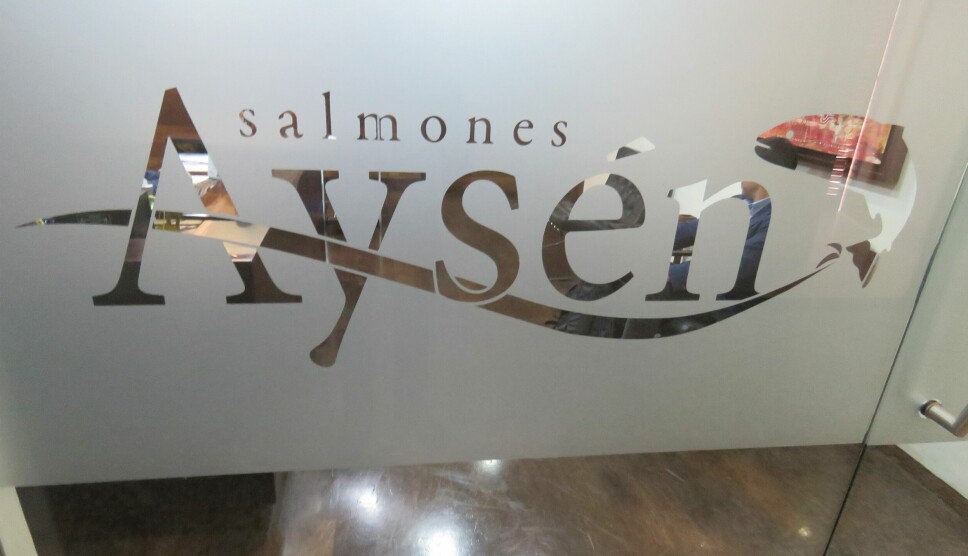
Chilean coho farmer joins salmon sustainability initiative
Salmones Aysén becomes 14th producer committed to improving sector’s environmental performance
The Global Salmon Initiative (GSI) today officially welcomed Chilean coho farmer Salmones Aysén as its newest member. The addition increases the sustainability initiative’s membership to 14 salmon farming companies alongside the eight supply chain member companies, spanning all operating regions.
GSI said member companies are committed to increasing sustainability, transparency, and cooperation to accelerate improvements in the sector’s environmental performance at speed and scale.
Salmones Aysén director Pablo Baraona Covarrubias said: “Sustainability has been a long-time priority for Salmones Aysén, and we’re excited to join the Global Salmon Initiative as a natural extension of this focus.
Individual efforts are important, but they are not sufficient in today’s rapidly changing world. We need to be smarter, we need to continuously and responsibly improve.
Salmones Aysén director Pablo Baraona Covarrubias
“Individual efforts – such as our company’s climate action strategy and goals – are important, but they are not sufficient in today’s rapidly changing world. We need to be smarter, we need to continuously and responsibly improve. GSI has created an impressive model to help the companies do just that.”
Earlier this year, GSI, in partnership with FUTUREFISH and support from The Bill & Melinda Gates Foundation, convened executives from across the international aquaculture sector that resulted in the launch of an industry-wide call to action for purpose driven aquaculture at the United Nations Ocean Conference.
The GSI chief executives’ group will spearhead this activity, sharing knowledge on tech transfer and innovation to help motivate purpose-driven growth in the global aquaculture sector.
“What GSI has done in uniting companies, members of the supply chain, and leading external partners on key topics such as climate change, is the only way we will be able to bring about high impact and give visibility to show the great stories this industry already has, and the great solutions it brings to the food security issues,” said Baraona.
“By engaging with the other companies on these priority topics we can share experiences and knowledge on sustainability matters to measure and compare what’s working and what’s not supporting us in making smarter decisions towards improved sustainability performance.”
A complex landscape
Over the last two years, GSI has been working in partnership with the World Wildlife Fund and IDH - The Sustainable Trade Initiative, and Blonk Consultancy, to adopt and pilot a common greenhouse gas (GHG) emission accounting framework for the sector. It was this topic which was high on the agenda for today’s annual GSI board meeting, where CEOs were due to agree on reporting frameworks, timeframes, future goals and collective mitigation efforts.
“The landscape in which we operate is ever more complex and challenging. From climate, biodiversity, fish welfare, to feed, the companies are under pressure to demonstrate progress on each front, and it’s quite simply a mountain to climb,” said GSI chief executive Sophie Ryan.
“Farmed salmon has a great story to tell in terms of its contributions to healthy, sustainable, and climate-resilient diets, but we need to both secure that future through continuous improvements and tell that story in an aligned voice to ensure we are not forgotten. This is where collective efforts can deliver.”























































